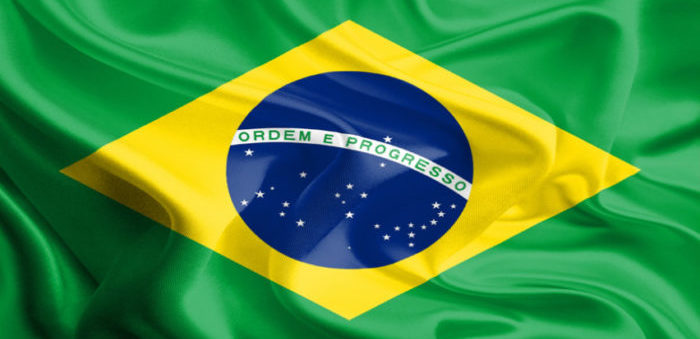The UK Club gathered all the latest info and updates on the current situation in Brazil, in order to help ship owners and operators when entering the country.
AVOIDING WASH DAMAGE AT SANTOS
The increasing traffic, of ever larger vessels, calling at the Port of Santos, together with faster port operations, all have the potential for increasing the number of wash damage incidents and resulting claims at the port.
At the same time, port operations are faster than ever, leading to rapid changes in the vessels’ drafts – and constant slackness of their moorings that must therefore be constantly tended to by the crew.
Visiting shipowners and masters should be aware of the potential increase in the number and severity of such incidents and the recommendations provided by the local authorities.
BRAZIL ENDS TRANSPORT AGREEMENTS WITH ARGENTINA AND URUGUAY
Brazil entered into maritime transport agreements with Uruguay (in 1975) and Argentina (in 1985), under which cargoes moved between the ports of the signatory countries should preferably be carried on vessels flying the flags of the signatory countries.
Exceptions were allowed only when no such suitable vessels were available. The termination of these agreements means foreign flagged vessels will once again be allowed to move cargoes between Brazil and Uruguay, and between Brazil and Argentina. These bilateral agreements will terminate on 7 October 2021 for Uruguay and on 5 February 2022 for Argentina.
CUSTOMS FINES AGAINST SHIPPING AGENTS
There remains uncertainty in Brazil over the question of whether the ship agent can be sued as representative of the foreign carrier for e.g. customs penalties.
UK Club reports on a decision of the Brazilian Superior Court of Justice (STJ) issued last month in which the court decided that the ship agent, “ …cannot be held liable for damages caused by acts performed by order of the shipowner, when within the limits of the mandate.” The country’s Federal Regional Courts (TRF) have consistently also held a similar view and there are ongoing legal challenges against ship agents being sued for Owners’ legal violations.
It may however be necessary to wait for the Supreme Court to settle, once and for all, this question of whether the ship agent should be equated to the carrier’s legal representative.
MINISTRY OF AGRICULTURE REGULATES PHYTOSANITARY TREATMENTS IN INTERNATIONAL TRADE
On 27 August 2021, the Ministry of Agriculture, Livestock and Supply (MAPA), Brazil’s National Organisation for Phytosanitary Protection (NPPO), published Ordinance 385 of 25 August 2021. The new regulation establishes criteria and procedures for carrying out phytosanitary treatments for quarantine purposes in the international trade of plant-based products.
The update meets certification requirements of buying countries in export operations and the application of phytosanitary measures in imports of products of vegetable origin and other regulated articles, such as wood packaging material. Ordinance 385/2021 aims to prevent the introduction and spread of pests in international transit and enhance treatment’s traceability across the supply chain. Among other issues, it regulates the fumigation of agricultural products on cargo holds of vessels.
NAVY AUTHORISES DRAFT INCREASE AT QUIRIRI CHANNEL, NORTH OF BRAZIL
The Amazon ports of Belém and Vila do Conde in Barcarena, home to modern grain terminals that help outflow Brazilian agriproducts, are accessible from the Atlantic Ocean through the Quiriri Channel or the Espadarte Channel, in Pará River, Brazil’s Northern Arc.
After a trial period initiated in 2019, the Harbour Master of the Eastern Amazon has now authorised vessels to depart from port terminals of Belém and Barcarena with drafts of 13.50 metres up to 13.80 metres.
REVISION OF CREW CHANGES PROCEDURES
The revised regulation included a procedure already provided for in ANVISA’s Technical Note 5/2021, which is the need for maritime crewmembers to provide proof of an RT-PCR test for COVID-19, with negative or undetectable results, performed 72 hours prior to joining the vessel or disembarking for repatriation.
Another novelty introduced by the revised Ordinance is the need for travellers who have had COVID-19 in the last 90 days but are asymptomatic and persistent with detectable RT-PCR testing.
Travellers in this category will be allowed to enter Brazil upon presentation of i) two detectable RT-PCR results, with an interval of at least 14 days between them and the latter performed up to 72 hours before boarding at the airport of origin; ii) antigen test with a negative or undetectable result, after the last detectable RT-PCR report; and iii) medical report, issued in Portuguese, Spanish or English, certifying that the individual is asymptomatic and fit to travel. The report must contain the intended date of travel and the name and signature of the physician.




























































